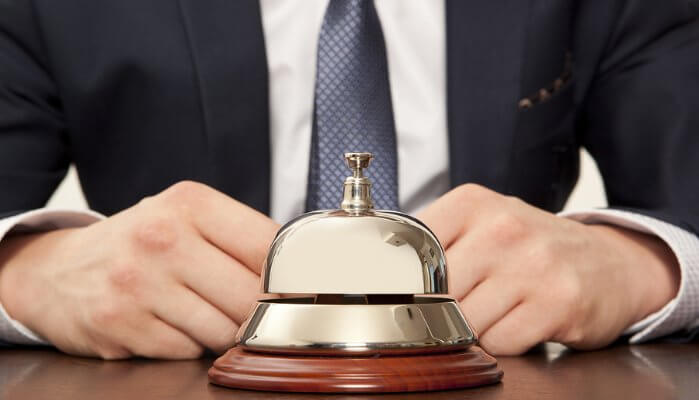Airbnb’s business continues to grow, as do the concerns of many hotel chains. But not Hilton. Their CEO claims the Airbnb business is a segment of the market and nothing more.
Whilst I agree that the Airbnb is a different segment of guest, ignoring the Airbnb segment is to Hilton’s peril. Why? It indicates a change in business as usual. The idea is disruptive to how people choose to stay away from home. Ignoring disruptive technology is a mistake, whether you are a multi-billion-dollar hotel chain or not!
When I have used Airbnb, it is clearly not the same as a hotel. However, it also has many advantages over a hotel. First and foremost, it’s more affordable. Many people have extolled the virtue of the price of Airbnb over traditional hotels, explaining that you get more space for your money. Plus, the personal nature of the host and the unique accommodation is appealing to many people over the more business-like and relatively sterile design of a hotel room.
It is a bit similar to the situation with Uber and taxis. People choose Uber over a Taxi for many reasons, including better responsiveness, better Customer Experience (in part because of the rating system for both driver and rider), and convenience. And Customers aren’t necessarily getting a better price, either. According to the MIT Technology Review, people pay more for Uber as it pertains to short rides (meaning those under $35). However, according to the study, after $35 the rides are a better deal than Yellow Taxi (using data from 2013).
People choose services that disrupt for a reason. Hilton should be looking at the reason for these people using Airbnb. The truth is no matter what the reason, they chose Airbnb because it offers something Hilton doesn’t. Right now, it’s not a huge threat. But who can say what it could mean down the road? Ignoring Airbnb is akin to hubris. As I have written before, hubris can be a deadly fault for a brand.
Remember Blockbuster’s response to Netflix, otherwise known as too little too late?
What about Nokia and the launch of the iPhone? They all didn’t see the threat to their business as usual, either.
The question becomes, what opens the door to disruption? The answer to me is simple: bad profits. Bad profits are when a provider of a good or service looks for ways to generate more profit from their Customers by finding new ways to charge more. Airlines have been culprits for finding bad profits. Bad profits are not Customer-focused. Good examples of bad profits are the extra charges airlines for checking a bag, getting assigned seating, or for the “privilege” of changing your flight.
Bad profits are what led to disruption in the movie rental business. People (like me) hated the late fees. Before Netflix, however, there was no other option when you wanted to rent a movie than to submit to a rental retailer and their (annoying, inconvenient, and unreasonable) late-fee policies.
Hotels are not innocent of the practice of bad profits, either. Ever pay $6 for a bottle of water in your room? Bad profits, indeed! Putting bottled water in your room with a label on it saying that the cost of the water is six dollars is nothing more than an attempt to sell more products–but at an exorbitant price. Personally, I also find having to pay for Wi-Fi in a hotel is unacceptable in this day and age.
But bad profits aren’t the only reason. Convenience is a factor, too. For example, I have been checking in for flights through an app for years. Why has it taken hotels so long to be able to do the same?
For now, Hilton remains unconcerned about the disruption that Airbnb presents, describing it as a specific segment only. But it could be a lot more, and Hilton would be wise to mind the message the growing segment is sending: there are alternatives to hotel stays, and more and more Customers are taking them. Ignoring this fact is a big mistake.
What do you think: Is Airbnb a threat to the hotel industry as a whole? I’d be interested to hear your perspective in the comments below.
If you enjoyed this post, you might be interested in the following blogs:
Is Your Customer Experience Accidental?
Blockbuster: The Next Cautionary Tale
Are You Inside-Out or Outside-In? Designing a Customer-Focused Process
Colin Shaw is the founder and CEO of Beyond Philosophy, one of the world’s leading Customer experience consultancy & training organizations. Colin is an international author of five bestselling books and an engaging keynote speaker.
Follow Colin Shaw on Twitter & Periscope @ColinShaw_CX


